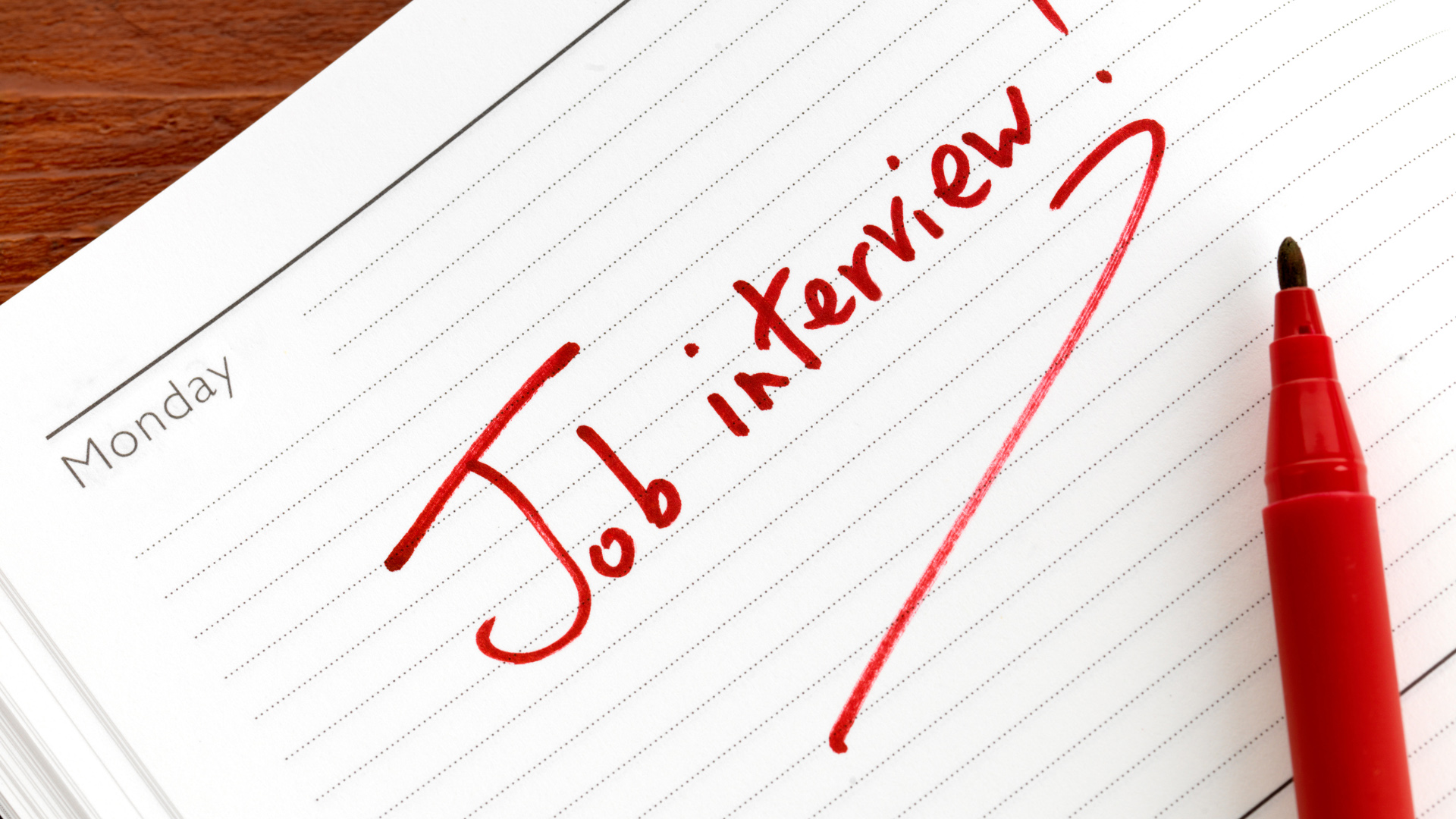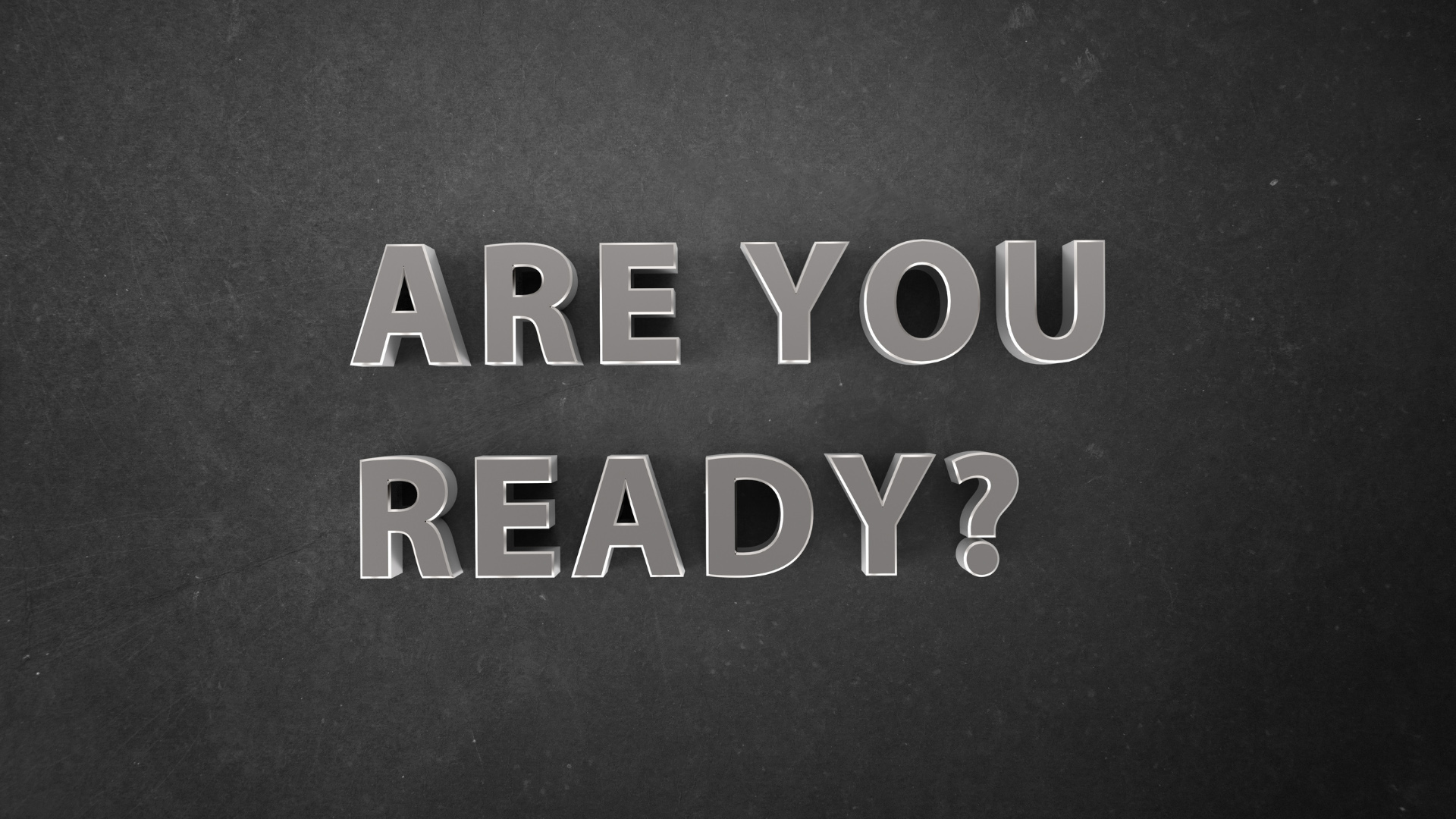
An interviewer’s first impression of you can often outweigh your credentials. They will look at your poise, attitude, body language, social skills, and communication before they review your education and experience. As you and the interviewer engage in conversation, both parties will decide if the organization and the job are well matched for you. This article will discuss some key tips for a successful interview.
Being punctual is mandatory for any business meeting and especially for a job interview. But we suggest to not only be on time, but to arrive early! Arriving ahead of time will show your future boss how punctual and organized you are. Indeed, if you’re not 10 to 15 minutes early, you’re 10 to 15 minutes late!
You need to know the company you are interviewing with like the back of your hand. Visit their website and gather information about their history, vision, and values. Additionally, be prepared for an interviewer to surprise you with questions like how you perceive his company’s position in its industry, the firm’s competitors, its competitive advantages, and how it should best go forward. Be prepared!

To show you are serious and motivated about the job, have a copy of your resume with you. The interviewer may have misplaced his/her copy, so you’ll save a lot of time (and embarrassment on the interviewer’s part) if you can pull an extra copy out and hand it over. Show off your organizational skills to impress the interviewer. Know your interviewer’s name and how to spell and pronounce it correctly. Call ahead to speak to the attendant to get the name correct. Then, use the interviewer’s name during the interview.
Be ready for some common interview questions. Research lists of questions on the internet, and think about ones that may apply to you, given your age and job status. Then, prepare your answers so you are one step ahead and don’t find yourself searching for answers on the spot.
Nonverbal communication plays a significant role in a job interview. For instance, are you looking down at your feet? Are you sitting with your arms crossed? Are you sitting straight or leaning back on your chair? If your body language signals the interviewer that your attitude is inward-looking, he/she may not feel comfortable getting to know you better. It would help if you remembered that future employers take note of your appearance and how you present yourself. Dress appropriately, greet your interviewer with a firm handshake and a smile, and make eye contact.

Prepare for every interview with three to five key selling points, to show why you are the best candidate for the job. Be ready to tell the interviewer why you want the job, why you’re interested, what you find valuable about it and what capabilities it demands that you have. If you don’t demonstrate your passionate for and interest in the job, you will not receive an offer from them, no matter how good you are!
Coming to an interview with a short list of thoughts and intelligent questions for the interviewer shows that you have done your research and want to know more about the job, the organization, and the people. A great general question is, “What would the ideal candidate for this position be if you could design him or her from the ground up?”
Rather than becoming passive during an interview, be polite, and regard an interview like any other conversation. Be assertive with your answers and ensure that your interviewer walks away knowing exactly what you bring to the table and why you should get the job.
Always tell the truth. Lies and exaggeration will undoubtedly come back to bite you. Always close on a positive, enthusiastic note. Thank the interviewer for their time and express your interest in the job. Then ask what the next step will be.
Lastly, no interview is complete until you follow up with a thank-you note within 48 hours of the discussion. Communicate your appreciation for the interview and, if genuine, reaffirm your interest. This last step can make a difference.

If you have a bad job interview that you genuinely think would be an excellent fit for you (not just something you want badly), don’t give up! Instead, write a note, send an email, or call the interviewer to let them know you were not happy with the way you communicated the reason you’d be a good fit for the job. Then, repeat what you have to offer the company, and say you’d like an opportunity to contribute.
Of course, there are no guarantees whether this strategy will get you a job offer as it depends on the company and you. But one thing’s for sure: If you don’t try, your chances are zero. Conversely, this approach has worked before, and you have nothing to lose by giving it one last shot.
Following the above strategies will fully prepare you for an interview. However, if you are looking for a new position and want professional support and help in your search, contact our expert team at ALIGN, and we will help you prepare for your next interview to land your dream job.